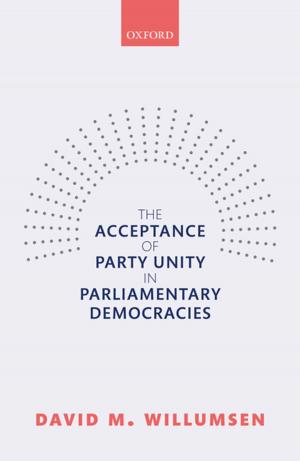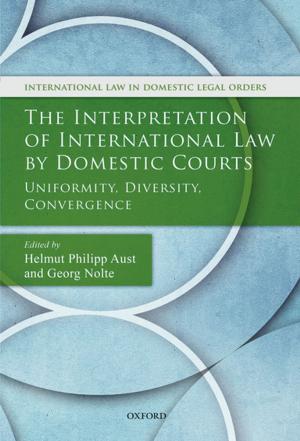| Author: | Geoffrey Morse | ISBN: | 9780191061912 |
| Publisher: | OUP Oxford | Publication: | December 10, 2015 |
| Imprint: | OUP Oxford | Language: | English |
| Author: | Geoffrey Morse |
| ISBN: | 9780191061912 |
| Publisher: | OUP Oxford |
| Publication: | December 10, 2015 |
| Imprint: | OUP Oxford |
| Language: | English |
This book covers the essential principles of both partnership law and the law relating to limited liability partnerships. In addition to explaining established principles it explores the unresolved issues in partnership law, including fixed share partnerships and whether partners can be workers, dissolution by acceptance of repudiatory breach, abandonment and mutuality, liability for equitable wrongs, the authority of a partner winding up a partnership, and the availability of equitable or common law remedies for breaches of the partnership agreement. The new edition includes a greatly expanded analysis of limited liability partnerships signifying the growth in importance of this type of entity and the development of a distinct area of law. LLP law is still evolving and combines both corporate and partnership elements which creates legal and practical difficulties. The book considers and provides answers to these problems. It analyses for example, the question as to whether a person can be both a member and an employee of an LLP. Limited partnerships are also considered in detail in response to their recent revival as investment vehicles and recent developments on access to information and derivative actions by limited partners. This book is an indispensable guide to the principles of the law of LLPs and partnerships. Well known for its approachable style it provides an excellent reference work for practitioners and students alike.
This book covers the essential principles of both partnership law and the law relating to limited liability partnerships. In addition to explaining established principles it explores the unresolved issues in partnership law, including fixed share partnerships and whether partners can be workers, dissolution by acceptance of repudiatory breach, abandonment and mutuality, liability for equitable wrongs, the authority of a partner winding up a partnership, and the availability of equitable or common law remedies for breaches of the partnership agreement. The new edition includes a greatly expanded analysis of limited liability partnerships signifying the growth in importance of this type of entity and the development of a distinct area of law. LLP law is still evolving and combines both corporate and partnership elements which creates legal and practical difficulties. The book considers and provides answers to these problems. It analyses for example, the question as to whether a person can be both a member and an employee of an LLP. Limited partnerships are also considered in detail in response to their recent revival as investment vehicles and recent developments on access to information and derivative actions by limited partners. This book is an indispensable guide to the principles of the law of LLPs and partnerships. Well known for its approachable style it provides an excellent reference work for practitioners and students alike.















